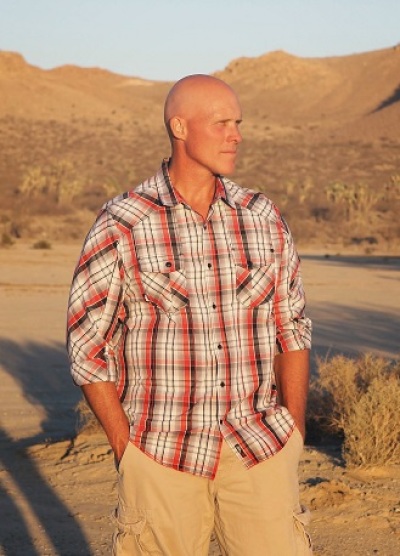Holy Spirit and Revival (Part 1): Do You Mock the Work of of the Spirit?

The need to address revival and the vital role of the Holy Spirit is as relevant today as it has been throughout church history. This article is the first part in a series where principles unfold throughout. It's my hope that readers consider the entire series before drawing conclusions.
The key is to find the biblical balance: "The true saints of God, who have clear heads, and pure, warm hearts, have in all generations had to walk between the two extremes of cold formality on the one side, and wild, ranting fanaticism on the other. Dead formality and the false fire of fanaticism are both Satan's counterfeits, and he does not care into which extreme the soul plunges..." (George D. Watson).
Watson masterfully describes how God's Spirit can be suppressed or misrepresented. To clarify, the Holy Spirit is not some weird, mystical force. He is part of the triune nature of God. The Bible says that the Spirit intercedes, leads, guides, teaches, and so on (cf. Romans 8:26; Acts 8:29; John 16:13). He enables and empowers us to hunger and thirst for righteousness, and to boldly live for Christ. God's Word becomes living and active in the life of the believer who is continually filled with the Holy Spirit. Charles Spurgeon adds, "What can a hammer do without the hand that grasps it, and what can we do without the Spirit of God?"
I was disheartened over a year ago when I attended a conference about the Holy Spirit in Southern California. Men I look up to were trivializing and mocking deep spiritual experiences that authors such as E.M. Bounds often write about.
E.M. Bounds, who was born in 1835, began his three-hour prayer routine at 4am. To him, prayer was not a short prelude, but an empowering priority. Edward Payson, who ministered during the Second Great Awakening, was said to have worn grooves into his hardwood floor as a result of prayer. It was said of John Hyde who left for the mission field in 1892 that he would stay on his face before God until the answer came. It was not uncommon for the great Scottish preacher, John Welch, who died in 1622, to spend four to six hours in prayer. John Fletcher, one of the leaders of the Methodist movement, stained the walls of his room with the breath of his prayers until his death in 1785.
Why mock these types of experiences? Is it because most have never experienced the over-whelming power and presence of the Spirit? Should we not pursue the deeper life? After all, "When faith ceases to pray, it ceases to live" (E.M. Bounds). Would be to God that more men and women sought God with all their heart. America might actually experience revival.
By age 28, my life was filled with what the world offered, but I was empty inside. I was at a turning point. I could choose to turn fully to God and stop "playing church", or continue to reject Him. By God's grace, the prodigal came home...I repented and put my complete trust in Christ.
Although far from perfect, God radically transformed and redirected my life through the power of the Holy Spirit. He can do the same for you. Acts 1:8 identifies this experience: "You shall receive power when the Holy Spirit has come upon you; and you shall be witnesses to Me...." The power of the Holy Spirit is like dynamite that ignites a hunger for God so intense that every aspect of life is changed—we become bold not passive; stable not fanatical; and committed not wavering.
Within the months that followed, I truly experienced the infilling of the Spirit that is seen throughout the Scriptures (e.g., a transformed life resulting in a love for God and His Word). From this experience, came books, articles, speaking engagements, and ultimately, a church.
I, like many Christians, tend to be "safely" conservative when considering the power of the Holy Spirit; however, Scripture clearly supports the miraculous work of the Spirit today. I'm open but cautious. We need sound doctrine and the power of the Holy Spirit. It's possible to be "Bible taught," but not "Spirit led"—straight as a gun barrel theologically, but just as empty. The letter kills, but the Spirit gives life (cf. 2 Corinthians 3:6).
Don't get me wrong, theological and expositional teachings are essential to Christian living, but how often are theology students encouraged to fast and pray as well as study? How often are they taught brokenness and repentance in addition to translating the Greek language? How often are they taught the surrendered life? We can sometimes be more concerned about a Master's Degree than a degree from the Master.
The Holy Spirit inspired the Scriptures and empowered Jesus and the Apostles. We are desperately remiss if we fail to recognize His vital role in our lives. I agree with Leonard Ravenhill, "We need to close every church in the land for one Sunday and cease listening to a man so we can hear the groan of the Spirit which we in our lush pews have forgotten."
Watch my sermon on Youtube, Are You Playing Church? Link: https://www.youtube.com/watch?v=u017MJgBMCI&list=UUrcrDXK620kopfSffPxrdTA



























